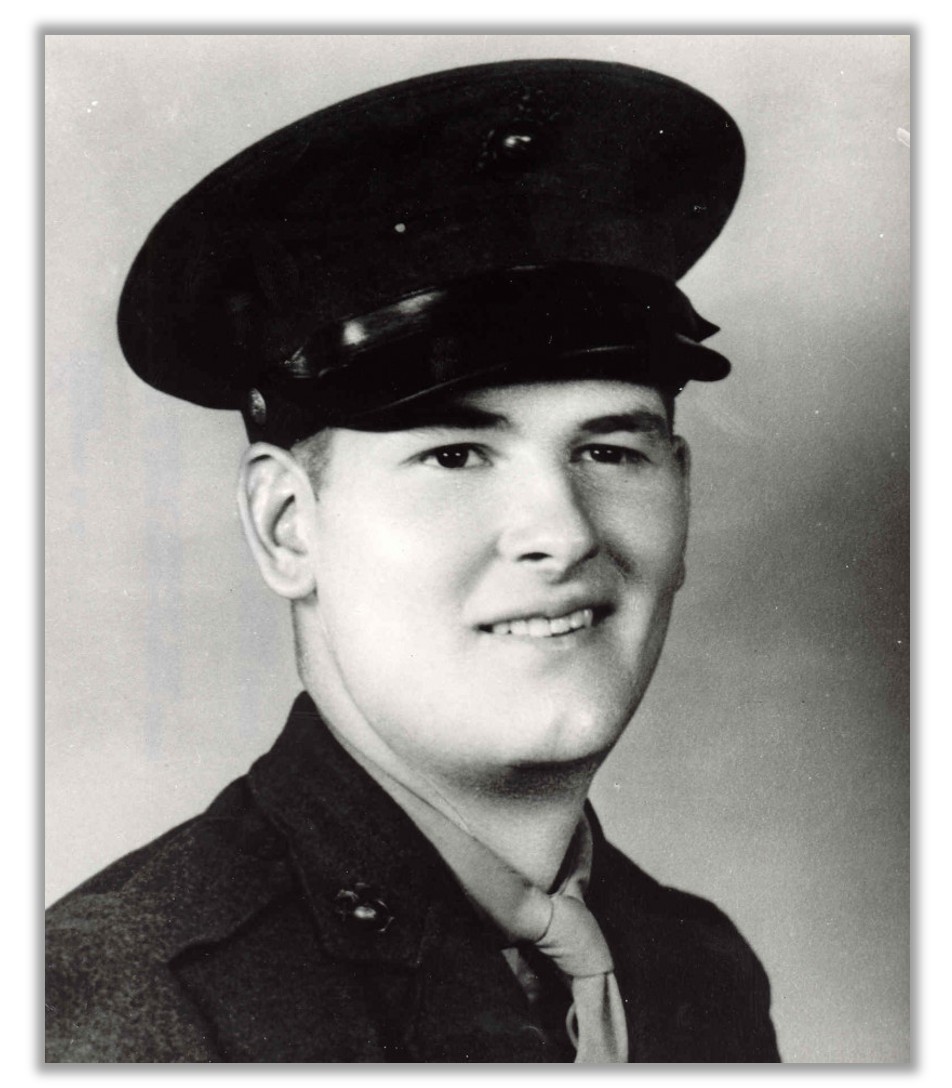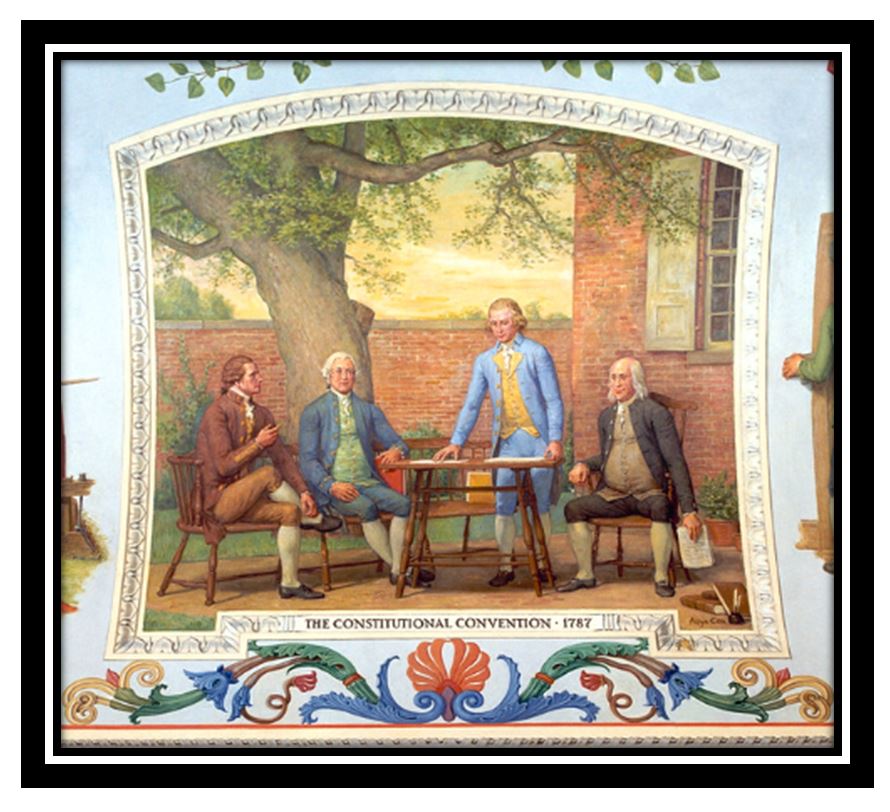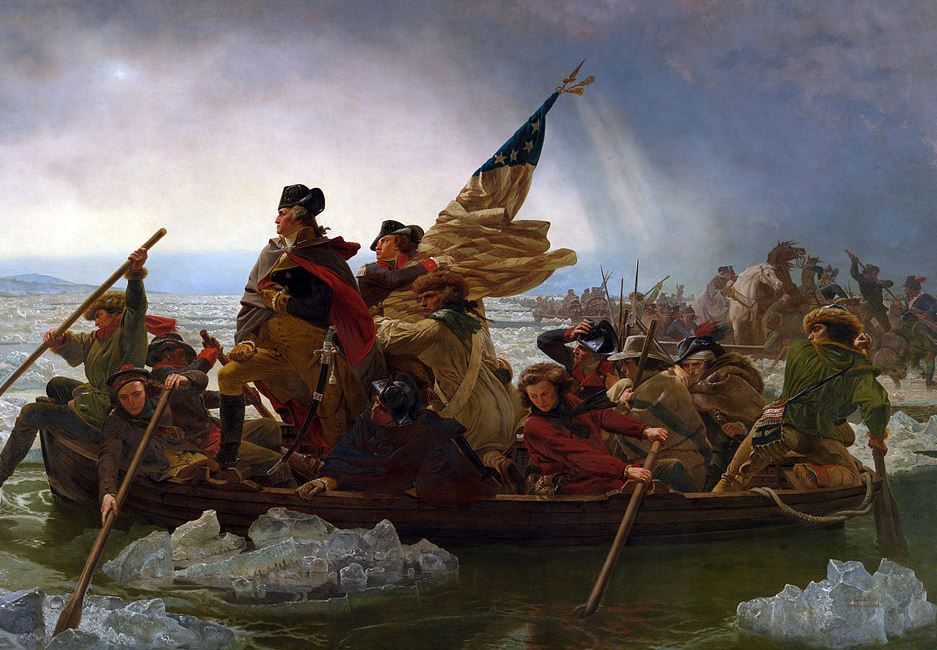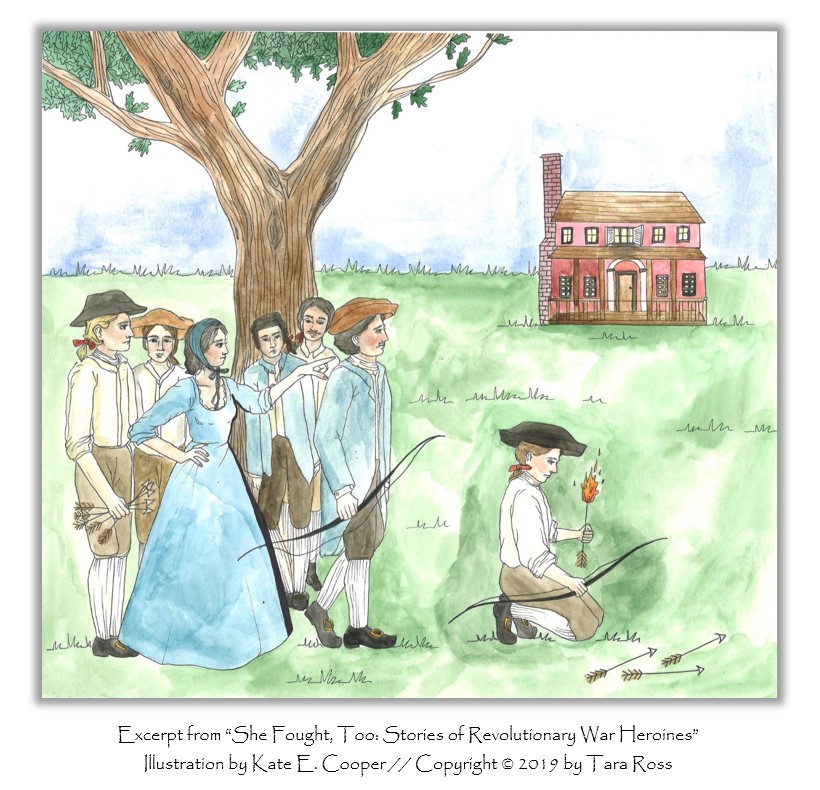How to get URL link on X (Twitter) App

 Prom soon wrote his family from basic training, trying to ease their concerns. “Don’t worry about anything,” he wrote in 1968. “It’s a whole lot of fun down here. Just like Boy Scout camp.”
Prom soon wrote his family from basic training, trying to ease their concerns. “Don’t worry about anything,” he wrote in 1968. “It’s a whole lot of fun down here. Just like Boy Scout camp.”
 In the end, he worked as a Merchant Marine during World War II. Perhaps that experience settled him down? After the war, he went to Texas Tech, earned a degree in geology, and joined the Marine Corps Reserve.
In the end, he worked as a Merchant Marine during World War II. Perhaps that experience settled him down? After the war, he went to Texas Tech, earned a degree in geology, and joined the Marine Corps Reserve.
 “These Soldiers had been fighting every day since they landed,” historian Bob Welch writes. “They had lost their sense of humanity, lost most of their sense of dignity, and lost their sense of hope. Suddenly, along came this nurse who wrote this letter . . . and it absolutely melted their hearts and renewed their sense of hope.”
“These Soldiers had been fighting every day since they landed,” historian Bob Welch writes. “They had lost their sense of humanity, lost most of their sense of dignity, and lost their sense of hope. Suddenly, along came this nurse who wrote this letter . . . and it absolutely melted their hearts and renewed their sense of hope.”
 Mulligan was a friend of Alexander Hamilton’s, you see, but was he also a spy for George Washington? And did he save Washington’s life? Yes, maybe.
Mulligan was a friend of Alexander Hamilton’s, you see, but was he also a spy for George Washington? And did he save Washington’s life? Yes, maybe.
 “He grew up in a household where morals and values were certainly expected,” his little brother Charles explained. “I think when it came down to it, Harold had no choice. He did what he had to do.”
“He grew up in a household where morals and values were certainly expected,” his little brother Charles explained. “I think when it came down to it, Harold had no choice. He did what he had to do.”
 Maybe he would have been as surprised as anyone? He’d left dentistry behind when he first joined the Army. Instead, the young Jewish American initially served in the infantry. He was an expert shot, and he earned the respect of his fellow soldiers.
Maybe he would have been as surprised as anyone? He’d left dentistry behind when he first joined the Army. Instead, the young Jewish American initially served in the infantry. He was an expert shot, and he earned the respect of his fellow soldiers.
 The cemetery might never have existed but for Martha Washington’s son. In 1778, John “Jacky” Parke Custis bought a tract of land near Mount Vernon. Unfortunately, Jacky passed away in 1781. The land was inherited by his infant son, George “Wash” Washington Parke Custis.
The cemetery might never have existed but for Martha Washington’s son. In 1778, John “Jacky” Parke Custis bought a tract of land near Mount Vernon. Unfortunately, Jacky passed away in 1781. The land was inherited by his infant son, George “Wash” Washington Parke Custis.
 He’d been playing basketball at the time. He was on his high school team, despite his short height, because he was athletic—and he hustled. It was enough to get him on the team.
He’d been playing basketball at the time. He was on his high school team, despite his short height, because he was athletic—and he hustled. It was enough to get him on the team.
 The debate surrounding the 17th Amendment is eerily similar to those surrounding today’s efforts to eliminate the Electoral College. The 17th Amendment had many unfortunate and unintended consequences. Why would the Electoral College be any different?
The debate surrounding the 17th Amendment is eerily similar to those surrounding today’s efforts to eliminate the Electoral College. The 17th Amendment had many unfortunate and unintended consequences. Why would the Electoral College be any different?
 Evelyn’s name at birth was Lois Crouse. Her parents had gotten married too hastily when her mother got pregnant—then they got divorced just as quickly. Evelyn was thus adopted by John and Mary Sharp when she was mere weeks old.
Evelyn’s name at birth was Lois Crouse. Her parents had gotten married too hastily when her mother got pregnant—then they got divorced just as quickly. Evelyn was thus adopted by John and Mary Sharp when she was mere weeks old.
 The post office gave Americans unprecedented access to information and was considered quite efficient for its time. Indeed, support of the postal service was nothing if not patriotic.
The post office gave Americans unprecedented access to information and was considered quite efficient for its time. Indeed, support of the postal service was nothing if not patriotic.
 As discussed in yesterday’s post, the beginning of December found Washington and British General William Howe on opposite sides of the Delaware River. As the weather deteriorated, Howe had decided to go into winter quarters. Washington instead decided to make a difficult crossing of the Delaware. His plan was to arrive at Trenton at 5 a.m., well before sunrise, so he could launch a surprise attack.
As discussed in yesterday’s post, the beginning of December found Washington and British General William Howe on opposite sides of the Delaware River. As the weather deteriorated, Howe had decided to go into winter quarters. Washington instead decided to make a difficult crossing of the Delaware. His plan was to arrive at Trenton at 5 a.m., well before sunrise, so he could launch a surprise attack.
 Washington’s army was reeling from a series of crushing defeats: The British had won important battles in New York and had chased Americans across New Jersey. Early in December, a defeated American army had narrowly escaped across the Delaware River.
Washington’s army was reeling from a series of crushing defeats: The British had won important battles in New York and had chased Americans across New Jersey. Early in December, a defeated American army had narrowly escaped across the Delaware River.
 Indeed, as Commander-in-Chief of the Continental Army, George Washington fully supported public displays of gratitude as a vital part of a well-functioning army.
Indeed, as Commander-in-Chief of the Continental Army, George Washington fully supported public displays of gratitude as a vital part of a well-functioning army.
 Second Lt. Whittle had logged more than 500 hours of flight time during her months as a flight nurse. She served aboard 40 missions.
Second Lt. Whittle had logged more than 500 hours of flight time during her months as a flight nurse. She served aboard 40 missions.
 Sebille had been among those pilots who served with the #Army in @#WWII, but then returned to serve in the #AirForce during the Korean War.
Sebille had been among those pilots who served with the #Army in @#WWII, but then returned to serve in the #AirForce during the Korean War.
 The attack on Fort Stevens was one of a handful of times that the Japanese attacked the American mainland.
The attack on Fort Stevens was one of a handful of times that the Japanese attacked the American mainland.
 The Battle of Attu was the only land battle fought in North America during #WWII, yet somehow it has earned the tag, “The Forgotten Battle.”
The Battle of Attu was the only land battle fought in North America during #WWII, yet somehow it has earned the tag, “The Forgotten Battle.” 
 At the time, her plantation was occupied by nearly 200 British, Loyalist and Hessian soldiers. Marion, Lee, and Motte hoped to drive them out before British reinforcements could arrive.
At the time, her plantation was occupied by nearly 200 British, Loyalist and Hessian soldiers. Marion, Lee, and Motte hoped to drive them out before British reinforcements could arrive.
 “Though young,” a cataloger for the Smithsonian writes, “he was one of the very few at the time who accurately foresaw a military role for powered aircraft.”
“Though young,” a cataloger for the Smithsonian writes, “he was one of the very few at the time who accurately foresaw a military role for powered aircraft.”
 Believe it or not, she’d never even flown in a plane before. Where would this country be without brave ladies such as these?
Believe it or not, she’d never even flown in a plane before. Where would this country be without brave ladies such as these?